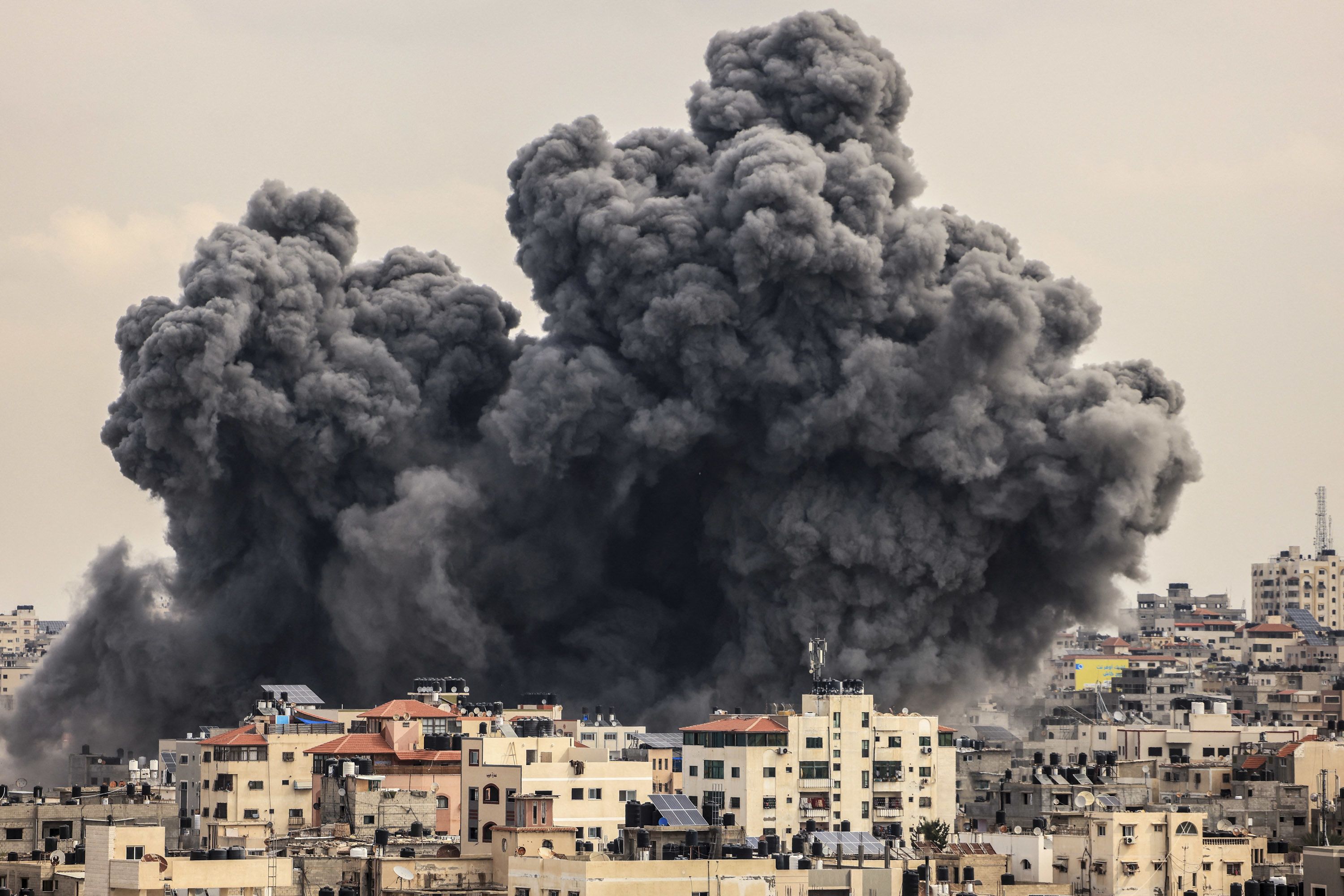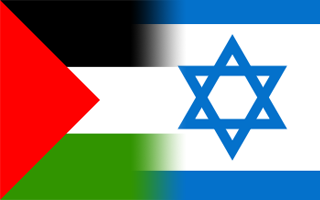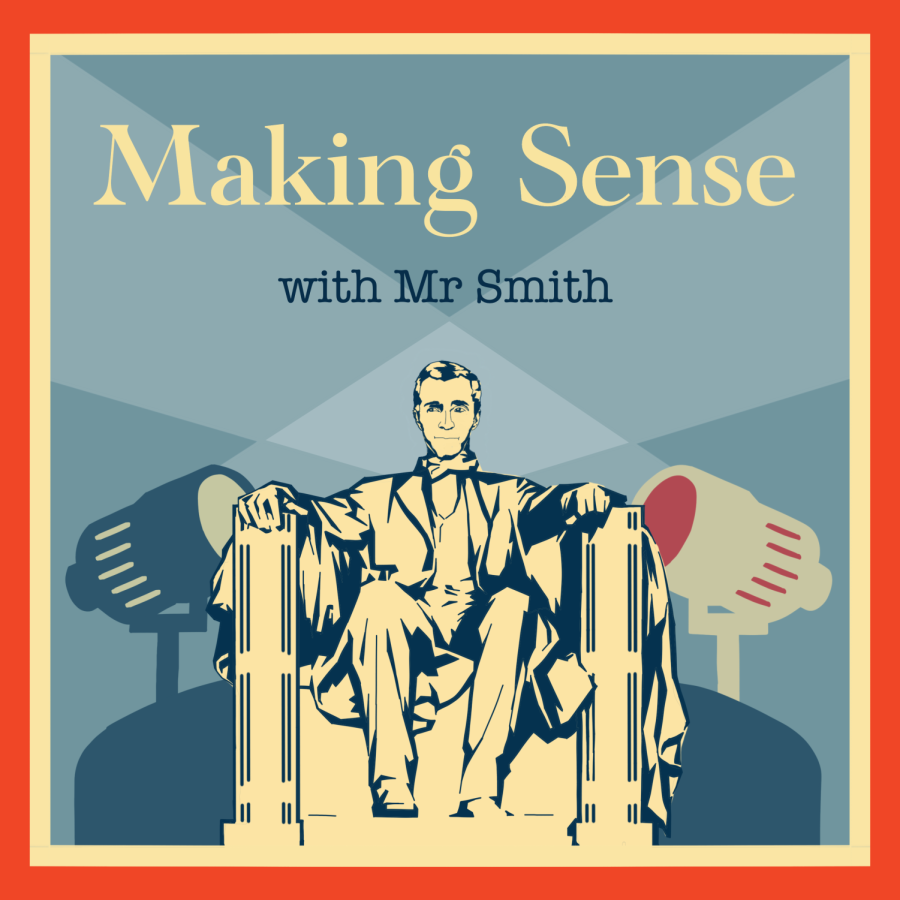With the recent eruption of the conflict between Israel and Palestine, individuals and big organizations all over the world are choosing a side to support, often with little knowledge of the history and point of view from either side. Israel and Palestine have been fighting for generations. The people from this area of the world have deeply rooted hatred and resentment towards each other, which occasionally sparks violence such as at Tulane University, where student protesters were assaulted during their protests. Despite students in universities having opposing beliefs when it comes to the war, these institutions publicly state their support for a certain side. It is important for people to understand the history of the conflict as well as what is currently going on, because it allows for a fuller understanding of the war and can help avoid bias when creating one’s own opinion.
Hamas, the terrorist organization fighting for Palestine, initiated this most recent conflict by attacking Israel on October 7th, when they fired thousands of rockets into Israel from Gaza and massacred over a thousand people living near the Gaza-Israel border. They also abducted hundreds of men, women, and children, including some American citizens. The beginning of the hostilities between Israel and Palestine do not have a concrete starting point, as the history of this region stretches back millennia. However, 1947 is the year when the United Nations voted to split Palestine into a Jewish and Arab state. When this occurred, hundreds of thousands of Palestinians were forced to leave their homes and resettle in a different area, one of which was the Gaza Strip along the Mediterranean Sea. This event was called The Catastrophe and remains an intrinsic part of their cultural history. The Palestinians who stayed faced discrimination and maltreatment, which heightened their anger at the primarily Jewish citizens residing in Israel. Currently, Israel says that they don’t occupy the Gaza Strip, but they do control the entry points for essential resources into Gaza. This control has allowed them to create the siege and deprive that land of things that are needed. Palestinians say that they have suffered because of the control Israelis have over their resources. There are also religious reasons for the tensions. Muslims believe that Jews do not deserve Israel based on their religious doctrines. The reason Hamas, the organization fighting for Palestine’s liberation, has so much support is because neighboring Arab and Muslim countries believe that the Palestinian people were wrongfully forced out of their ancestral land and have a duty to reclaim it.

The many Jews in Israel also feel like they have religious and ancestral claims over the land. It is believed that God gave them the land and they need to fight to maintain their claim over it. Jewish people believe that in order to maintain Judaism as a prominent world religion, it is necessary to have the independent state of Israel. For many Jews all over the world, Israel is their true homeland. All Jews can become citizens of Israel thanks to the Law of Return. It is where many Jews went during and after WWII. Besides Israel, the Jewish people do not have another country or community comparable to the size and scale of Israel. It is also important to note that Israel is one of the only allies to the United States in that part of the world. Countries surrounding Israel include Lebanon, Syria, Egypt, and Jordan, none of which are as closely tied to or have strong allegiances to the U.S. These countries also are largely Muslim, which often means the citizens of those countries side with Palestine in this conflict.
In America, one of the most pressing effects the Israel conflict has had is the growing scrutiny of university bias. For most major world events, top colleges and universities like Yale, Cornell, and Georgetown have published statements, both from faculty and student groups. One student group’s statement in particular, Harvard’s, has drawn severe backlash for making a statement of full support for Palestine, with the public going so far as to “dox” the students involved and place them on unofficial “do not hire” websites. A consequence of this ordeal is the growing animosity toward the idea of learning institutions giving statements on global political conflicts. A common sentiment expressed by those that advocate for university neutrality is that institutes of learning should be used as tools to draw one’s own opinion, rather than have opinions themselves. Harvard’s official statement did little to calm the masses, instead mollifying both sides by lamenting the losses but not taking a concrete side. As a result of the immense backlash, several students have withdrawn their names from the statement, or have otherwise distanced themselves from the controversy. The withdrawal of students shows the frightful ability media has to silence voices by ridiculing and threatening those with opposing beliefs, which has thus caused many to spurn the idea of universities giving such polarizing opinions on conflicts that can then prevent students from potential careers, simply by issuing a statement others don’t agree with.
Knowing and understanding the history of this conflict is as important as understanding the current situation. Sometimes universities with much influence will publicly choose to support a side in the conflict even if they don’t understand the full implications of doing so. Before choosing to defend one side or another, do research and be confident in a full understanding of the history and international implications. Understand how it can affect world politics, such as the United States benefiting from a Jewish independent state in the Middle East. It’s critical to always consider the fact that murder is never okay, and that can never leave one’s conscience when deciding on an opinion. However, opinions may differ when it comes to who actually deserves the land. This can be subjective based on ethnic ties and religion. Knowledge and research is essential before large universities, individuals, or corporations defend a certain side of this horrific conflict that has resulted in the loss of thousands of lives.
Works Cited:
“2023 Israel–Hamas War.” Wikipedia, Wikimedia Foundation, 9 Nov. 2023, en.wikipedia.org/wiki/2023_Israel%E2%80%93Hamas_war#:~:text=An%20armed%20conflict%20between%20Hamas,a%20subsequent%20invasion%20of%20Gaza.
“What Are the Roots of the Israel-Palestine Conflict?” The Guardian, Guardian News and Media, 9 Nov. 2023, www.theguardian.com/world/2023/oct/18/why-israel-palestine-conflict-history.
“Israel Gaza War: History of the Conflict Explained.” BBC News, BBC, 3 Nov. 2023, www.bbc.com/news/newsbeat-44124396.
Lt. Col. (res.) Dr. Mordechai Kedar. “Arabs and Muslims Will Not Accept Israel as the Jewish State.” Begin-Sadat Center for Strategic Studies, 17 Jan. 2018, besacenter.org/muslims-israel-jewish-state/.
Mitchell, Travis. “8. Views of the Jewish State and the Diaspora.” Pew Research Center’s Religion & Public Life Project, Pew Research Center, 8 Mar. 2016, www.pewresearch.org/religion/2016/03/08/views-of-the-jewish-state-and-the-diaspora/.
Dov Waxman Rosalinde and Arthur Gilbert Foundation Professor of Israel Studies. “Jewish Response to Hamas War Criticism Comes from Deep Sense of Trauma, Active Grief and Fear.” The Conversation, 1 Nov. 2023, theconversation.com/jewish-response-to-hamas-war-criticism-comes-from-deep-sense-of-trauma-active-grief-and-fear-216340#:~:text=There’s%20a%20widespread%20feeling%20among,as%20somehow%20acceptable%20or%20legitimate.
Huchinson, Bill. “Israel-Hamas Conflict: Timeline and Key Developments in Month of War.” ABC News, ABC News Network, abcnews.go.com/International/timeline-surprise-rocket-attack-hamas-israel/story?id=103816006. Accessed 9 Nov. 2023.
“College Campuses Confront Violent Threats amid Israel-Hamas War in the Middle East.” NBCNews.Com, NBCUniversal News Group, 7 Nov. 2023, www.nbcnews.com/news/us-news/campus-threats-israel-hamas-gaza-conflict-middle-east-rcna123975.










